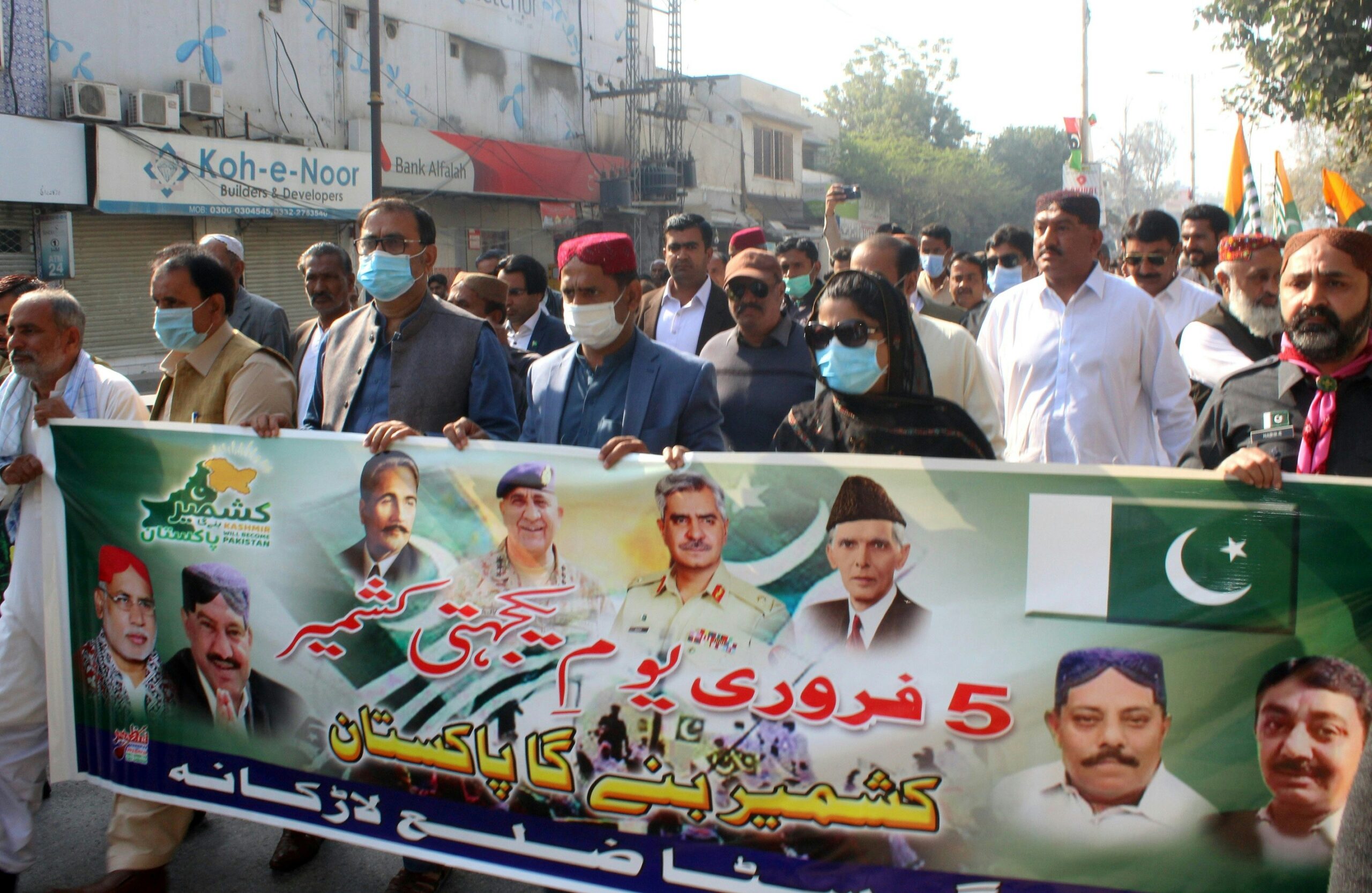
A significant political development has unfolded as Pakistan’s Prime Minister, Anwaar-ul-Haq Kakar, has announced his decision to step down from his position. This transition marks a pivotal moment in the nation’s political landscape, prompting widespread attention and analysis.
Key Facts
- Anwaar-ul-Haq Kakar has resigned as the Prime Minister of Pakistan.
- The timing of his resignation coincides with the election of Shehbaz Sharif as the new Prime Minister.
- Kakar served as caretaker Prime Minister during a crucial election period.
Anwaar-ul-Haq Kakar’s resignation marks the end of his tenure as the caretaker Prime Minister of Pakistan. His departure aligns with the established democratic processes following the election of a new leader.
The timing of Kakar’s resignation is directly linked to the election of Shehbaz Sharif as the new Prime Minister. This transition underscores the transfer of power in accordance with the election results and parliamentary procedures.
During his time as caretaker Prime Minister, Kakar played a crucial role in overseeing the election process. His responsibilities included ensuring a fair and transparent electoral environment, a critical function in maintaining the integrity of Pakistan’s democratic institutions.
Background
Anwaar-ul-Haq Kakar was appointed as the caretaker Prime Minister to oversee the general elections. Caretaker governments in Pakistan are formed to ensure impartiality during the election period, a practice rooted in the country’s efforts to maintain democratic integrity. The appointment of a caretaker Prime Minister is a constitutional provision designed to prevent any sitting government from influencing the electoral process in its favor. This mechanism is intended to provide a level playing field for all political parties, fostering a fair and transparent election.
The role of a caretaker Prime Minister is primarily to manage the day-to-day affairs of the state and to facilitate the election process. This includes working with the Election Commission of Pakistan to ensure that elections are conducted according to the law. The caretaker government is also responsible for maintaining law and order during the election period. The mandate of a caretaker government is limited, and it is not supposed to make any major policy decisions or undertake any long-term projects.
Shehbaz Sharif’s election as Prime Minister follows a period of intense political activity and electoral contests. The election results reflect the will of the people and the culmination of democratic processes. Sharif’s election signifies the beginning of a new chapter for Pakistan, with potential shifts in policy and governance.
Timeline / What We Know
- [Date not specified]: Anwaar-ul-Haq Kakar assumes the role of caretaker Prime Minister of Pakistan. The specific circumstances leading to his appointment were not detailed in the provided source.
- [Date not specified]: General elections are held in Pakistan. The specifics of the election, including the participation rate and any significant events, were not mentioned in the source.
- [Date not specified]: Shehbaz Sharif is elected as the new Prime Minister. The process and details surrounding his election were not elaborated upon in the provided source.
- [Current Date]: Anwaar-ul-Haq Kakar resigns from his position as Prime Minister, coinciding with Sharif’s election.
Official Reactions
As of the provided source, there have been no official reactions documented regarding Kakar’s resignation and Sharif’s election. The absence of official statements or responses leaves room for speculation and anticipation of future commentary from various political entities and stakeholders. It is common for significant political transitions to elicit a range of reactions from political parties, government officials, and international observers. These reactions often provide insights into the potential implications and future direction of the country.
Typically, official reactions might include statements of support, concern, or caution, depending on the perspective and interests of the parties involved. For instance, the incoming government might express gratitude to the outgoing caretaker administration for its role in facilitating the elections and ensuring a smooth transition of power. Opposition parties, on the other hand, might offer critical assessments of the election process or the performance of the caretaker government. International organizations and foreign governments may also issue statements acknowledging the transition and reaffirming their commitment to working with the new administration.
What’s Next
Following Anwaar-ul-Haq Kakar’s resignation and Shehbaz Sharif’s election, Pakistan is poised for a period of transition and potential policy adjustments. The coming weeks and months will be critical in shaping the direction of the new government and addressing the challenges facing the nation. Several scenarios could unfold as the new administration takes office.
- Policy shifts: Shehbaz Sharif’s government may introduce new policies or reforms across various sectors, including the economy, education, and healthcare. The extent and nature of these changes will depend on the priorities of the ruling coalition and the prevailing political and economic conditions.
- Economic strategies: The government will likely focus on addressing Pakistan’s economic challenges, such as inflation, debt management, and unemployment. Potential measures could include fiscal reforms, investment incentives, and trade agreements aimed at stimulating economic growth and stability. You can learn more about economic strategies on sites like the World Bank website.
- Political landscape: The dynamics of Pakistan’s political landscape may evolve as the new government navigates relationships with opposition parties and other stakeholders. The stability and effectiveness of the ruling coalition will be crucial in ensuring smooth governance and addressing the needs of the people.
- International relations: Pakistan’s foreign policy and international relations may undergo adjustments as the new government engages with global partners and addresses regional challenges. The country’s approach to issues such as counter-terrorism, trade, and diplomatic alliances will be closely watched by the international community.
The specific trajectory of Pakistan’s political and economic future will depend on a multitude of factors, including the government’s policy choices, the cooperation of political actors, and the broader regional and global context. As the new administration settles into office, it will face the task of building consensus, addressing pressing issues, and steering the country towards stability and progress. For related content, see our previous coverage of Pakistani politics.